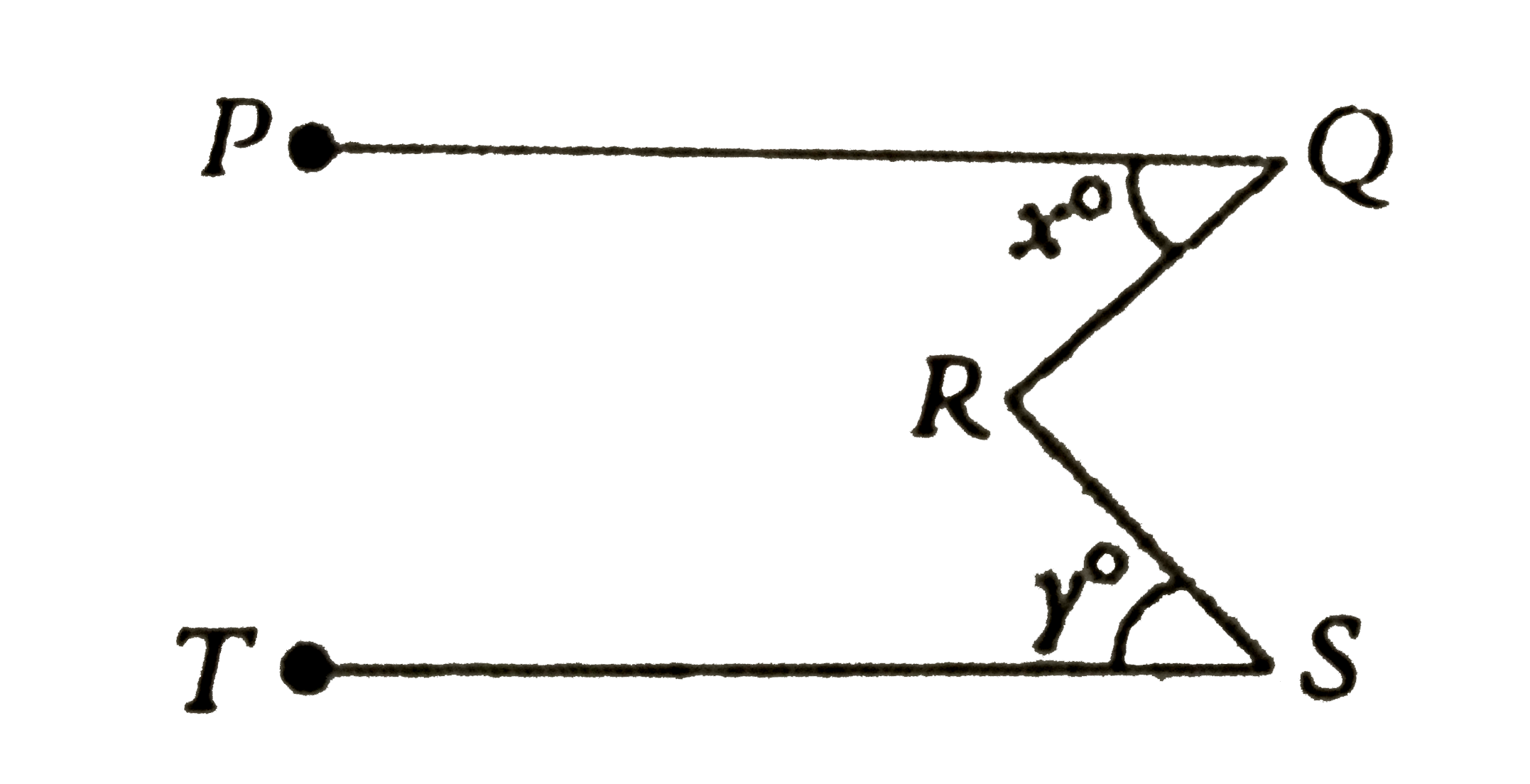If a<0 and n is any positive even integer, then (a)1n to the set of real numbers. (Does not belong/belongs)
The correct Answer is:Does not belong
Step by step video, text & image solution for If a<0 and n is any positive even integer, then (a)^(1/n) to the set of real numbers. (Does not belong/belongs) by Maths experts to help you in doubts & scoring excellent marks in Class 8 exams.
Topper's Solved these Questions
- BOOK - PEARSON IIT JEE FOUNDATIONCHAPTER - INDICESEXERCISE - Short Answer Type15videos
INDICES
- BOOK - PEARSON IIT JEE FOUNDATIONCHAPTER - INDICESEXERCISE - Essay Type5videos
INDICES
- BOOK - PEARSON IIT JEE FOUNDATIONCHAPTER - INDICESEXERCISE - CONCEPT APPLICATION (Level 3)7videos
INDICES
- BOOK - PEARSON IIT JEE FOUNDATIONCHAPTER - GEOMETRY EXERCISE - CONCEPT APPLICATION (Level 1)60videos
GEOMETRY
- BOOK - PEARSON IIT JEE FOUNDATIONCHAPTER - LINEAR EQUATIONS AND INEQUATIONS EXERCISE - CONCEPT APPLICATION (LEVEL - 3)9videos
LINEAR EQUATIONS AND INEQUATIONS
Similar Questions
Simplify : pn+1×p2n+1×p3−n
07:15View SolutionProve that 11+p+q−1+11+q+r−1+11+r+p−1=1,ifpqr=1 .
01:14View SolutionIf x400<4600 , then find the greatest possible integral value of x.
07:36View SolutionIn the figure below (not to scale) , ¯¯¯¯¯¯PQ∣∣¯¯¯¯¯TS, reflex ∠QRS=300∘ and x−y=30∘. The measure of y will be
 01:24View Solution
01:24View SolutionIf the ordered pair (p, q) satisfies the simultaneous equations (a+b)x+(b+c)y+(c+a)=0 and (b+c)x+(c+a)y+(a+b)=0 such that p and q are in the ratio 1:2, then which of the following is correct?
01:45View SolutionFind the smallest positive integer n for which ((1+iota)^(n))/((1-iota)^(n-2)) is a positive real number.
02:46View SolutionIf a<0 and n is any positive even integer,then (a)^((1)/(n)) to the set of real numbers.(Does not belong/belongs)
View SolutionIf the number (1-i)^n/(1+i)^(n-2) is real and positive then n is (a) Any Integer (b) Any odd Integer (c) Any even Integer (d) None of these
01:46View SolutionThe set of quantum numbers n=3, l=0, m=0, s=-1/2 belongs to the element
02:12View SolutionIf two integers a and b be such that −2<a<0and0<b<2 , then show that
(i) (a +b) belongs to the set of whole numbers W :
(ii) (b-a) belongs to the set of natural numbers N :
(iii) (a-b) belongs to the set of integers Z .00:39View Solutionयदि x1,x2,......,xn कोई वास्तविक संख्याएँ है और n एक धन पूर्णांक है, तब
02:02View SolutionSome numbers are given below. Decide the numbers to which number sets they belong to and does not belong to and express with correct symbols.
102:09View SolutionSome numbers are given below. Decide the numbers to which number sets they belong to and does not belong to and express with correct symbols.
002:37View SolutionSome numbers are give below. Decide the numbers to which numbers sets they belong to and does not belong to and express with correct symbols.
102:16View SolutionSome numbers are give below. Decide the numbers to which numbers sets they belong to and does not belong to and express with correct symbols.
002:03View SolutionSome numbers are give below. Decide the numbers to which numbers sets they belong to and does not belong to and express with correct symbols.
101:35View Solution

